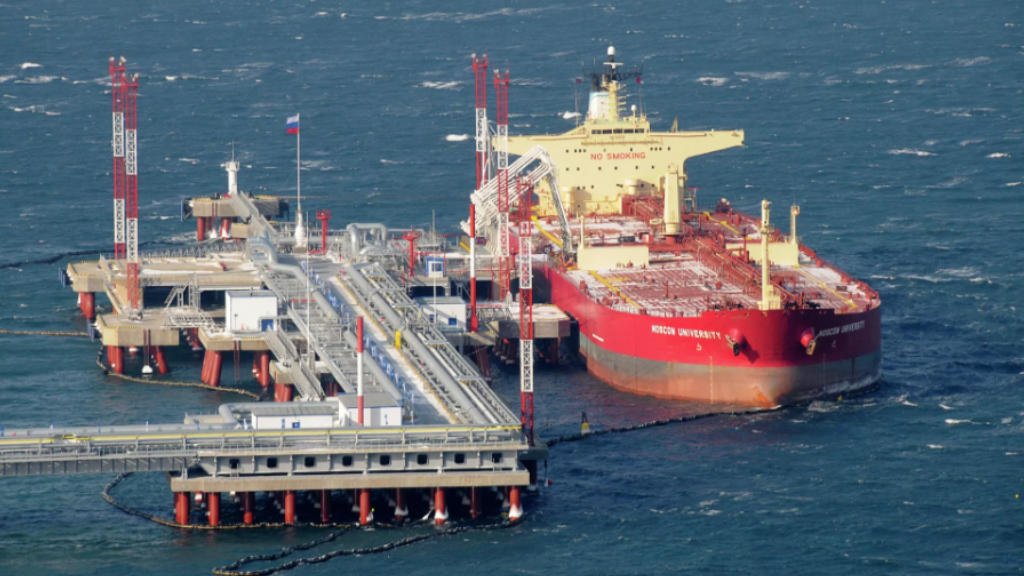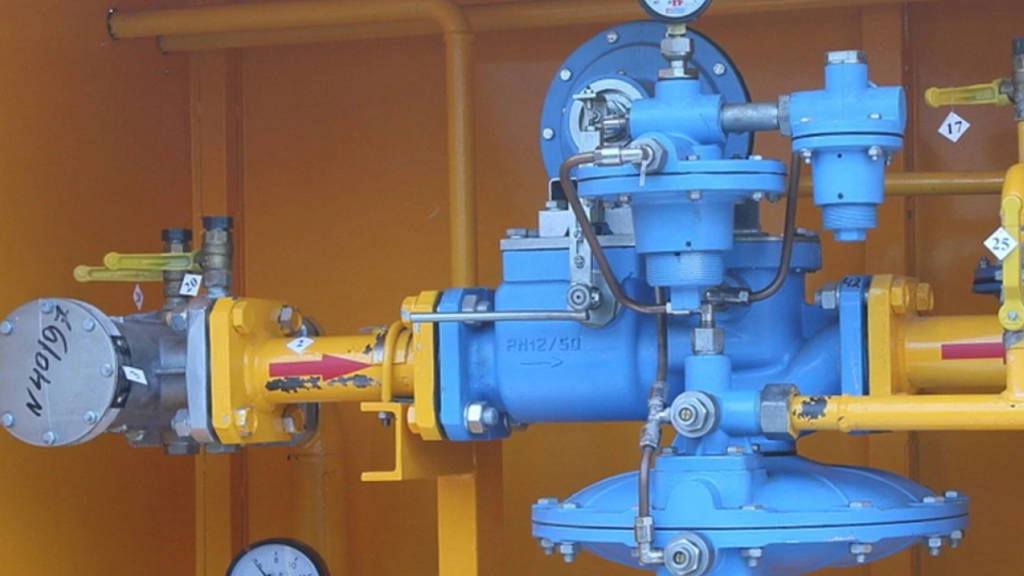Russia’s maritime crude oil exports have reached a record level in 2024, as shipments from Russian terminals in the Far East regained momentum. Oil production spiked by 590,000 barrels daily in the week ending March 10. This upswing came after Russia renewed its commitment to the OPEC+ effort to mitigate against a global market glut and bolster prices by curbing output.
During Q2 2024, Moscow intends to shift its focus from export targets to implementing a production cap. Despite international sanctions aimed at weakening the Russian economy, the gross value of crude shipments skyrocketed to US$1.86 billion in seven days, marking the highest level since October 2023.
Last week, 11 tankers left the Russian Pacific port of Kozmino, one less than the record set the week before February 4. This is up by five from the previous week.
Sokol crude shipments from De Kastri are nearly back to normal, with shuttle tankers now delivering directly to Chinese refiners. However, shipments to Indian plants remain low, with 10.5 million barrels waiting in the East China Sea or docked near Chinese ports. Meanwhile, Pakistan’s oil refinery near Karachi took delivery of its first Sokol cargo. This diversification in delivery destinations has added to the overall resilience of Russia’s crude export market.
The gross weekly value of Russia’s crude exports rose from US$1.53 billion on the week ending March 10 to US$1.66 billion the week ending March 17.
In the week to March 10, Russia’s seaborne crude flows climbed to 3.7 million barrels per day, a peak for 2024. The less erratic four-week average also jumped by around 50,000 barrels daily to 3.36 million barrels per day.
Shipments to Asia
Oil shipments to Russia’s customers in Asia rose to 2.92 million barrels per day in the four weeks to March 10. Every day, approximately 1.37 million barrels of crude oil were loaded onto ships bound for China. Beijing’s ocean imports are supplemented by around 800,000 barrels daily from Russia via pipelines, directly or through Kazakhstan.
Ships also transport an average of 1.08 million barrels daily to destinations in India. Both the Chinese and Indian figures are expected to increase as vessels clarify their final discharge ports.
In addition to China and India, approximately 320,000 barrels a day are destined for Port Said or Suez in Egypt, or anticipated to be transferred off the South Korean port of Yeosu, typically bound for India or China. This includes delayed Sokol crude cargoes held up since mid-December. Another 100,000 barrels a day are on tankers without a clear destination, mainly originating from Russia’s western ports and transiting the Suez Canal, typically bound for Turkiye, which is also busy building a European supply oil hub. That will merge oil from different production sites, including Russia, and resell it to European market.
Russian crude exports to Turkiye have remained steady at approximately 417,000 barrels per day during March, increasing from about 390,000 barrels a day as of February 25.
In his speech at the Russian Energy Week plenary session last November, President Vladimir Putin stated that Russia reoriented oil supplies to new markets by increasing the tanker fleet and establishing insurance and reinsurance mechanisms. He mentioned that the government has prepared a plan for the development of export infrastructure, which will increase the supply of Russian oil to the countries of the Asia-Pacific region, Africa, and Latin America. He had stated: “Thanks to the actions of Russian companies and the relevant Government authorities, the Russian oil tanker fleet has increased, and new payment mechanisms, insurance and reinsurance of our cargo have been created. As a result, in a short time it was possible to switch oil supplies to the fast-growing and promising markets of the world – the South and South East Asia.”
Experts believe that Asia will experience enhanced industrialization due to the high rate of Russian crude imports, while the EU faces deindustrialization.
Dr. Mamdouh G. Salameh, an international oil economist and global energy expert, has elaborated saying that “Russia neither needs Western shipping nor insurance for its oil cargoes. If more tankers are needed, it could hire Chinese, Indian, and other Asian tankers, with customers insuring their cargoes given the preferential oil price they are receiving from Russia.”





